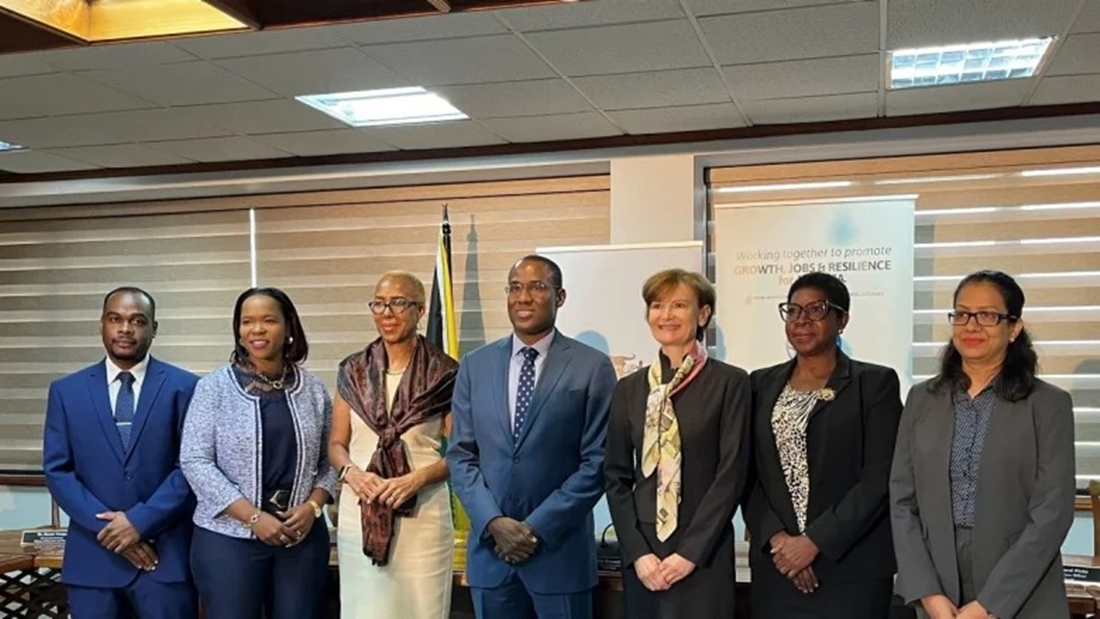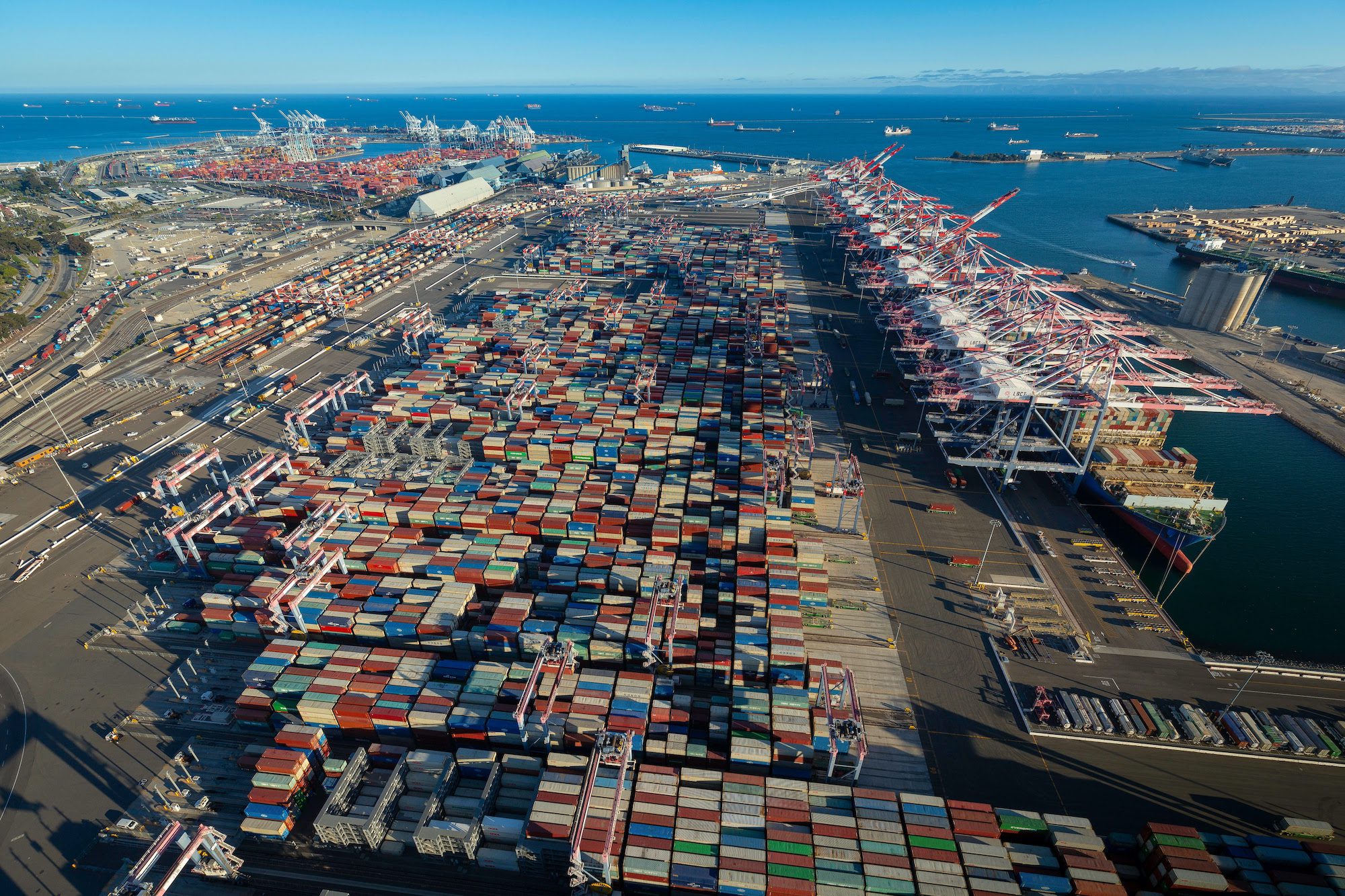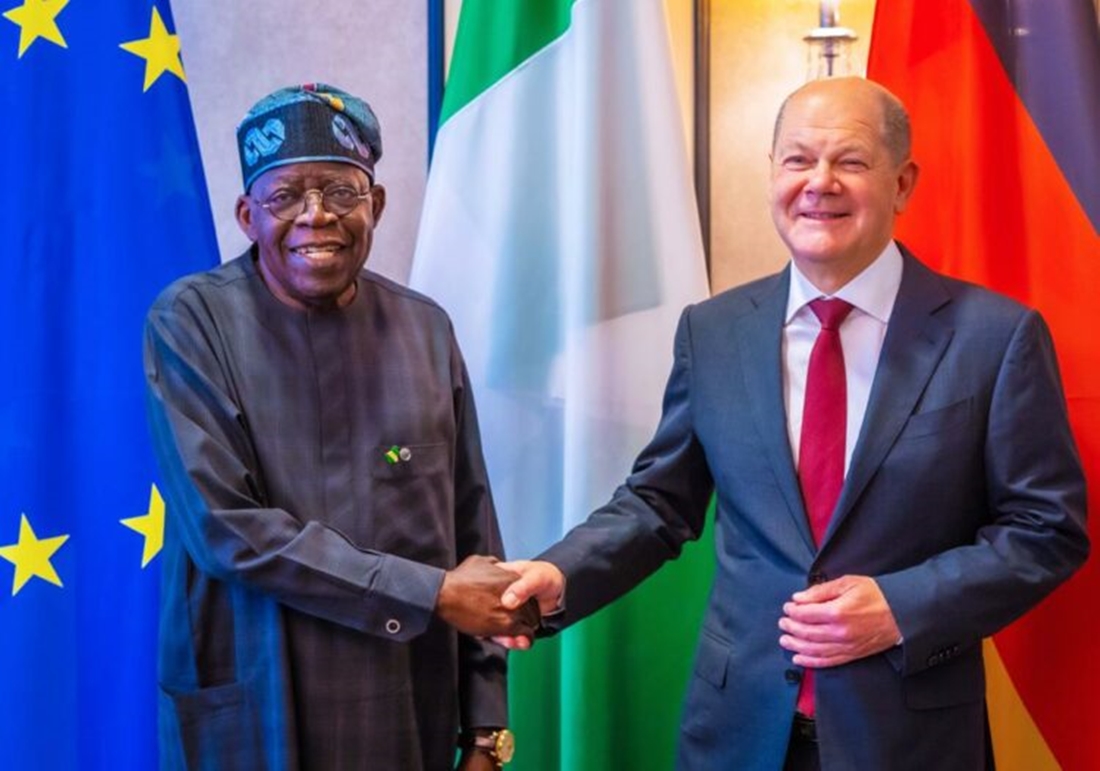Jamaica’s government and the World Bank have entered into a significant agreement worth $30 million aimed at enhancing teaching practices, inclusivity, learning conditions, and decision-making processes within the country’s education system. The project intends to benefit approximately 150,000 secondary students, 6,000 teachers, school principals, Ministry of Education and Youth personnel, as well as education policymakers and practitioners.
One of the key aspects of the project is the establishment of a new Science, Technology, Engineering, and Mathematics (STEM) secondary school, which will cater to around 2,400 students. At least half of the beneficiaries will be girls. The STEM school aims to address existing gaps, particularly for vulnerable students, including boys, residing in underserved areas where schools are currently operating beyond capacity.
While acknowledging Jamaica’s progress in education, challenges such as completion rates, inequity, and low student performance persist in secondary education. The World Bank’s Country Director for Caribbean countries, Lilia Burunciuc, stated that the new project seeks to strengthen the Jamaican education system by improving access for disadvantaged students and enhancing educational outcomes.
The project will also focus on equipping teachers with effective instructional practices to deliver the existing curriculum and enhancing the use of assessments to support student learning. Special attention will be given to the development of digital and socio-emotional skills within the classroom.
Highlighting the government’s commitment to human capital development, Nigel Clarke, Jamaica’s Minister of Finance and the Public Service, emphasised the importance of equitable access to quality education for the country’s growth and development. Minister Clarke expressed satisfaction in partnering with the World Bank on this crucial project, which is expected to significantly improve education outcomes.
Furthermore, the project will facilitate the creation of an efficient information system to enhance the management of the education system. This system will enable the implementation of targeted early intervention strategies aimed at improving student retention, with a specific focus on secondary education.
The $30 million loan, provided by the International Bank for Reconstruction and Development, was signed by Minister Nigel Clarke, Minister of Education and Youth Fayval Williams, and World Bank Country Director for Caribbean countries, Lilia Burunciuc. The collaboration between the Jamaican government and the World Bank underscores their joint commitment to addressing educational challenges and fostering an inclusive and high-quality education system in Jamaica.






